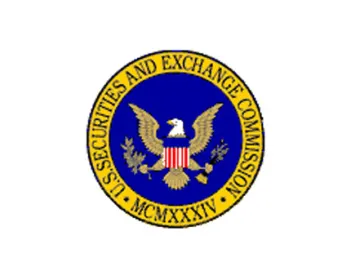A three judge panel in the Eleventh Circuit issued a ruling last Thursday in Securities and Exchange Commission v. Barry Graham et al., Case No. 14-13562, holding—contrary to several other circuits—that the remedy of disgorgement was effectively a forfeiture, and therefore subject to the standard five-year statute of limitations. The SEC brought this case in 2013, seeking injunctive relief, disgorgement, and civil penalties against a group of individuals allegedly involved in a $300 million Ponzi scheme that ended in 2008. The SEC’s complaint was initially dismissed by a Florida District Court as entirely time barred under the applicable statute of limitations (28 U.S.C. § 2462). The Eleventh Circuit panel overturned the district court’s dismissal and reinstated the case, but only in part: the SEC could proceed with its claim for injunctive relief, but not for disgorgement or declaratory relief.
The panel reasoned that, although an injunction forbidding future conduct was equitable and therefore not time barred, other relief sought by the SEC was not timely under U.S.C. § 2462, which bars the government from bringing suit to enforce “any civil fine, penalty, or forfeiture” after five years from when the claim first accrued. The panel held that the declaratory relief sought by the SEC operated as a “backward-looking” penalty, and was barred by the statute of limitations. Similarly, it held that disgorgement was the functional equivalent of forfeiture, also subject to the five year statute of limitations.
With respect to disgorgement, other courts of appeals, including the Sixth, Ninth, and D.C. Circuits, have previously held that the SEC could seek disgorgement as an equitable remedy for claims that accrued outside the five-year statute of limitations. See SEC v. Quinlan, 373 Fed.Appx. 581, 589 (6th Cir.2010) (affirming the district court’s holding that the injunction sought was remedial rather than punitive and therefore “not a ‘penalty’ subject to § 2462’s five-year statute of limitations”); SEC v. Rind, 991 F.2d 1486, 1491–92 (9th Cir.1993) (holding that no statute of limitations limited the government’s requests for disgorgement and an injunction); Riordan v. SEC, 627 F.3d 1230, 1234– 35 (D.C.Cir.2010) (holding that Section 2462 did not prevent the SEC from seeking disgorgement of profits related to alleged violations outside the five-year statute of limitations). District courts in other circuits have also recently found disgorgement to be an appropriate remedy notwithstanding the statute of limitations because it serves as a form of equitable relief (SEC v. Collyard, No. 11-cv-3656 (D. Minn. Dec. 9, 2015)) or a form of deterrence (SEC v. Jones, No. 1:13-cv-00163, 2015 WL 9273934 (D. Utah Dec. 18, 2015)).
The SEC typically takes the position that it is free to seek disgorgement outside the five year limitations period. However, the Eleventh Circuit’s ruling in Graham sets up a split amongst the circuit courts that may be ripe for Supreme Court review. In the meantime, whether the SEC can seek disgorgement of ill-gotten gains more than five years after the underlying claim accrued may depend upon the forum in which it seeks relief.




 />i
/>i
